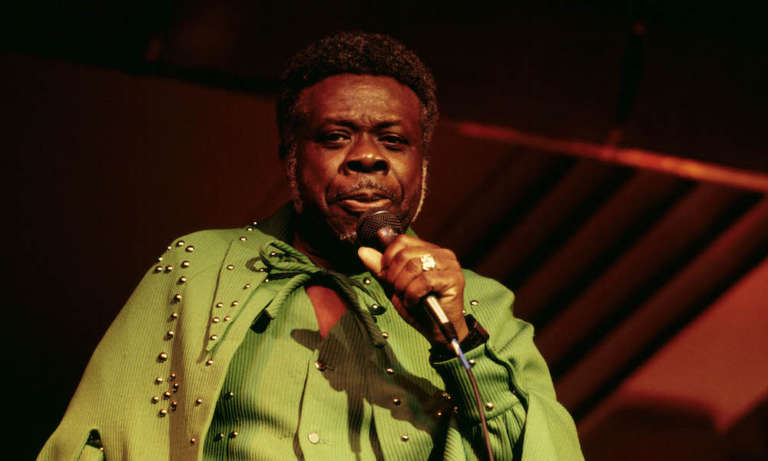The newly-completed documentary Memphis ’69, focusing on the Memphis Country Blues Festival that year with Rufus Thomas, Mississippi Fred McDowell, and others, will be available to view next month and to buy on DVD in September.
The film was premiered at the Sundance Film Festival of 2019, but is about to see wider release on the YouTube channel of independent blues-roots-alternative label Fat Possum, from August 6, and then as a DVD release on September 17.
The news comes in the wake of another, widely-acclaimed documentary about a 1969 festival, Questlove’s Summer of Soul (…Or, When the Revolution Could Not Be Televised). That film, about the Harlem Cultural Festival of 1969 (also known as “the Black Woodstock”) is now on cinematic release and streaming at Hulu.
The Memphis Country Blues Festival festival took place across three days in late May, 1969 at the city’s Overton Park Band Shell. This coming together of cultures took place on the very site where the Ku Klux Klan had held rallies. Rolling Stone reports that some 17 hours of footage was filmed by Gene Rosenthal, head of the independent blues label Adelphi, founded the year before. Rosenthal went over budget processing the material, and parts of the film were broadcast, but only on local TV at the time. The executive began to discuss the archive with Fat Possum’s founders Bruce Watson and Matthew Johnson in more recent years and the new film version, featuring much unseen material, has been directed by Joe LaMattina.
Blues devotees and others will thus be thrilled to see newly-unveiled footage of longtime favorite and then-emerging artists, from Bukka White (then in his 60s) playing a National guitar behind his back, to rising talent Johnny Winter. Rufus Thomas, accompanied by Stax labelmates the Bar-Kays, sings his “Walking the Dog” and there are appearances by other such notables as McDowell, John Fahey and Furry Lewis. Others in the footage include Sleepy John Estes, singer-songwriter John D. Loudermilk, Memphis producer and pianist Jim Dickinson and rock critic Robert Palmer.
